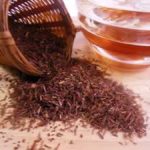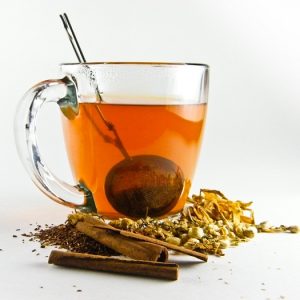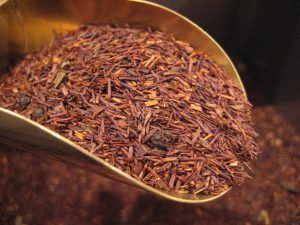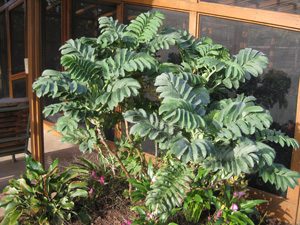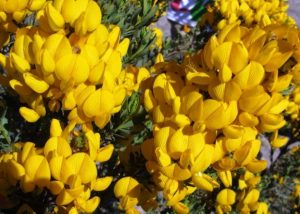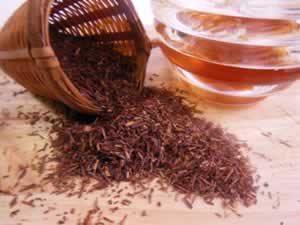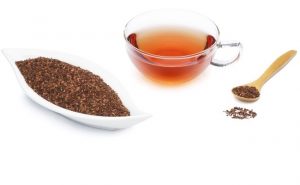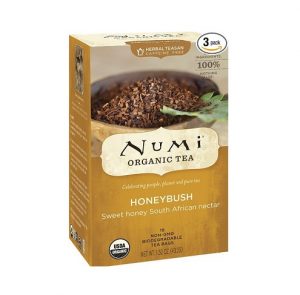Honeybush Tea
Honeybush tea is an aromatic and mildly sweet herbal infusion prepared from the leaves of various species of honeybush (Cyclopia) plant found only in some areas in the Cape of South Africa. Being a naturally caffeine-free beverage, it has become widely known as an alternative to black, white, or green teas.
History and origin
The first documented use of this tea dates back to 1705 when it was consumed by the native people (the Khoi-Khoi and San tribes) of South Africa. Based on the native practices, the Dutch and British colonists soon recognized it as a suitable drink that could be substituted for ordinary tea. The groups of South African indigenous people also used it for treating respiratory disorders.
Honeybush tea benefits: what is it good for
Diabetes
Animal studies have shown the blood sugar regulating effects of pinitol, a chemical constituent of honeybush leaves. It helps in improving the effects of the essential hormone insulin and managing the levels of glucose in our bodies. Therefore, consumption of this tea aids in keeping diabetes under control.
Cough and cold
Owing to its antibacterial and antiviral properties, regularly taking it helps in reducing cold, flu, allergies, whooping cough, laryngitis, and sinusitis associated with respiratory tract infections. The polyphenolic compounds present in the beverage boost the immune system and assist the body’s defenses in fighting against infections. Moreover, it acts as an expectorant because of its pinitol content, helping in expelling phlegm and providing relief from chest congestion.
Acid reflux
The active compounds in honeybush tea assist in relieving the symptoms of gastro-esophageal reflux disease including heartburn and acid indigestion, as well as protecting the esophagus and stomach from excess gastric acid.
Weight loss
It has a fair amount of constituent polyphenols that help in lowering blood lipid levels, thereby preventing accumulation of excess fat. Therefore, intake of honeybush tea could be included in your regular weight management plan.
Menopause
Research has shown that the phytoestrogens coumestans and isoflavones in honeybush have estrogen-like action on the human body. As a result, its consumption is useful in alleviating menopausal symptoms such as hot flashes, sweating, sleeping difficulty, frequent headaches, mental exhaustion, and vaginal dryness.
Cardiovascular health
Since it lacks caffeine and has low levels of tannins, its intake is beneficial for high blood pressure. Moreover, honeybush is rich in flavones and isoflavones that help in lowering the levels of cholesterol in the body. Thus, its consumption reduces the risks of development of heart diseases and promotes heart health.
Cancer
Recent animal studies have confirmed that the polyphenolic constituents in a blend of honeybush and rooibos tea inhibit the growth of tumor cells, and thus it acts as a cancer preventive agent.
Other uses
Honeybush tea can be used as a compress to provide relief from a variety of skin conditions including acne, eczema, and rashes.
How to make honeybush tea
- Take 8-10 ounce of water in a teapot and bring it to boil
- Add 1-1.5 teaspoons of honeybush leaves
- Steep for 7-8 minutes until the flavor properly infuses into the mixture
- Remove the tea leaves by straining the mixture
- Serve hot
Alternatively, you can add some ice cubes to enjoy a cup of iced honeybush tea.
Safety and precautions
Side effects
Drinking honeybush tea has no known side effects, and is considered safe when taken in moderate amounts.
During pregnancy
Women while pregnant and breastfeeding should avoid taking this infusion.
Where to buy
You can buy organic honeybush leaf tea and tea bags either on the internet or at any local retailer of herbal tea. Several varieties of honeybush tea including the caramel-flavored tea and the one blended with vanilla beans are available online.
Article was last reviewed on 23rd July 2021
Related Articles
Leave a Reply
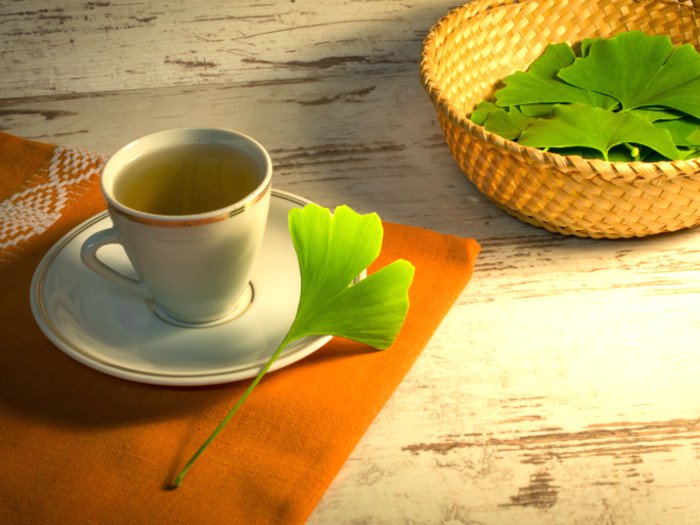
Ginkgo Biloba Tea
The Ginkgo Biloba tea is an herbal infusion obtained from the extract of the dried leaves
Read more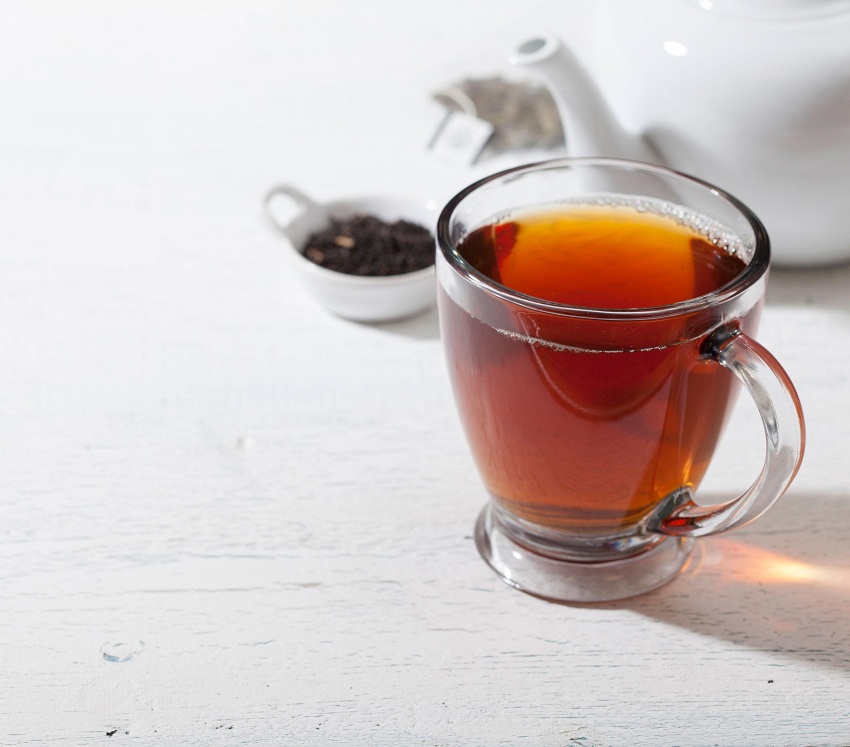
Black Tea
Black tea, belonging to the same group as the green, white and oolong teas is the most oxi
Read more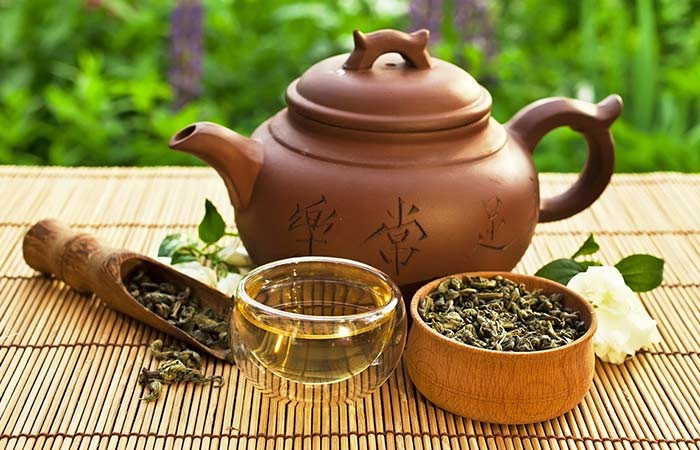
Oolong Tea
What is oolong tea Oolong, a traditional beverage of China, is prepared from the buds, st
Read more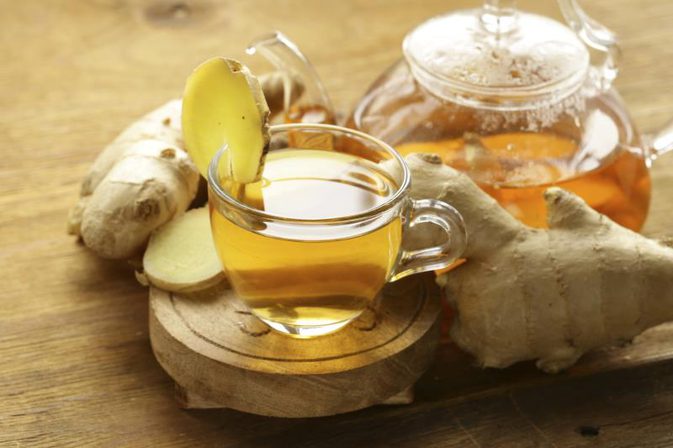
Ginger Tea
Ginger tea, prepared from the roots of ginger, is a popular herbal beverage of Asia. Becau
Read more
